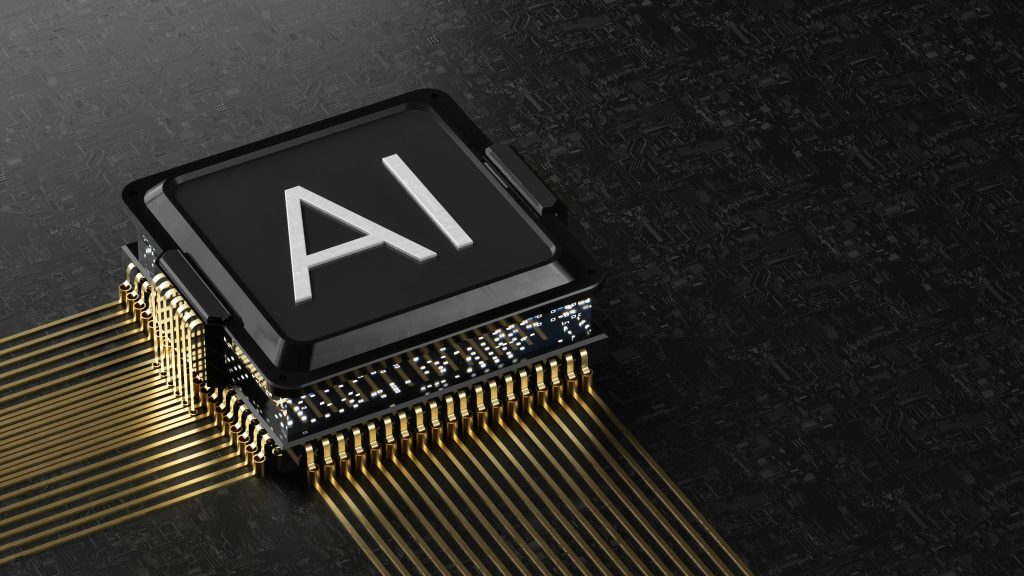Is AI Fine to Use in Situations? Responding to Comments on Using AI In Certain Situations
I was looking at updates to the SAG-AFTRA strike. If you’re unaware, Variety published the studios’ “best and final” offer, but SAG-AFTRA has already made a counteroffer. The fight for voice actor rights in the age of generative AI is still going on, with no signs of stopping. But that’s not what fully interested me. Instead, it was the comments in the article I was reading.

Comments were talking about “Ethical” ways to use AI alongside human talent. Here’s what one comment said:
“I think AI being used to voice act all the background NPCs that usually stay silent is fantastic. It being used like in Classic WoW is fantastic and it being used to maybe fix bugs or create voice acting for an old game that cannot afford it. Like EQ2, instead of ditching voice acting like they did, they could have simply AI’d it up.
However the main talent should have to voice all their lines, I’m not into them using AI instead of paying them.”
This comment was followed by, “Another thing to use for , if the Actor is going to be aware for a certain time like they’re sick so they wouldn’t be able to do their work normally, just a temporary substitute so fans don’t feel like they lost content over it.”
Then followed by, “There’s a lot of use cases for AI. For example, recording screams can be damaging to the actor’s voice, so using AI to create those is of great help to actors too.”
I feel all of these comments were made in good faith; in the case of the replies, they followed up by mentioning that it should only be done with the actor’s permission. And yes, I certainly agree that AI can be a helpful tool. However, I feel these arguments weren’t too strong in justifying the use of AI, so I wanted to break each one down.
“It’s Fine to Use AI for Small NPCs”
I’ve heard this argument used several times. The main cast should be voiced by real talent, but that innkeeper? As the role is so small, it can be AI.
However, many famous voice talents got their start doing minor roles, including “Additional voices,” in video games and animation. Having minor characters voiced by AI is not only noticeable to a keen player, but it shuts the gate for future talent to rise in these industries.
“It’s Good When You Can’t Afford Voice Talents”
The commentor, when using this argument, used Classic WoW (World of Warcraft) as an example, and what an example that was. It’s a game made by Blizzard, a company worth billions. Okay, not the best example, but what about for a small indie developer?
I still don’t buy this. First, while voice acting can enhance the immersion of any game, most gamers aren’t going to get upset that a 30-plus-year-old game on the NES doesn’t have voice acting or even a small indie game. Second, like small NPCs, this shuts the door to any small talents who get by voicing these projects. Many of these talents have negotiable budgets that can fit into the shoestring budget that an indie studio can afford.

It’s Good as a Temporary Replacement for a Voice Talent
Many live-service games and TV shows aren’t aiming to replace talent but are on a time crunch, and the main actor cannot voice them for whatever reason. One example I can think of is the character of Nico Robin from One Piece. In the original Japanese audio, she is voiced by Yuriko Yamaguchi, but from episodes 299-319, she was temporarily replaced by Yuko Kobayashi. According to one Reddit comment, this was due to maternity leave, but I couldn’t find a reliable source. In fact, that’s happened to several characters in that show, which has been running for over 25 years.
The idea is that an AI voice would be more consistent than the replacement, meaning that it won’t break the audience’s immersion that much. But besides preventing another talent from getting experience, AI voices can certainly break the immersion, too. AI still can’t emote as humans can, and it struggles when the character says new words that the model wasn’t trained on.
I was surfing through YouTube and saw this live stream where you could ask a Donald Trump deepfake a question. The AI voice sounded decent when it was using common Trump-isms, like “Believe me” or words Trump would say. But the audience was getting the AI to say memes and gen-Alpha terminology, and the illusion quickly broke down. The voice started to sound much more robotic. And I think a character sounding like a robot breaks the immersion further than a voice talent who sounds a little different than the original.
It Can Replace Screams
Finally, we have this argument: Screaming is damaging to a voice actor’s vocal cords, so why not replace it with a robot yell?
Well, first of all, screaming is something that requires lots of emotion, something that an AI can’t do. An AI may emulate a voice talking loud or screaming, but the emotional context just isn’t there. When a good performer screams after a character loses it or is in pain, you can feel it not so much with an AI. A human performance being replaced by an AI scream would be as distracting as a bad Wilhelm Scream placement.
Not only that, but an educated voice talent knows there are techniques to scream while doing minimal damage. Think of bands that have screaming vocals that have done their thing for decades. These singers know their limits and learn how to train themselves to scream without ruining their golden voice.

Again, I don’t show any ill will toward the people who made these comments. I feel they were made in good faith. But I don’t like the idea of AI erasing some of the most human aspects of voice acting and closing the door for future talents. What do you think? Let me know.
